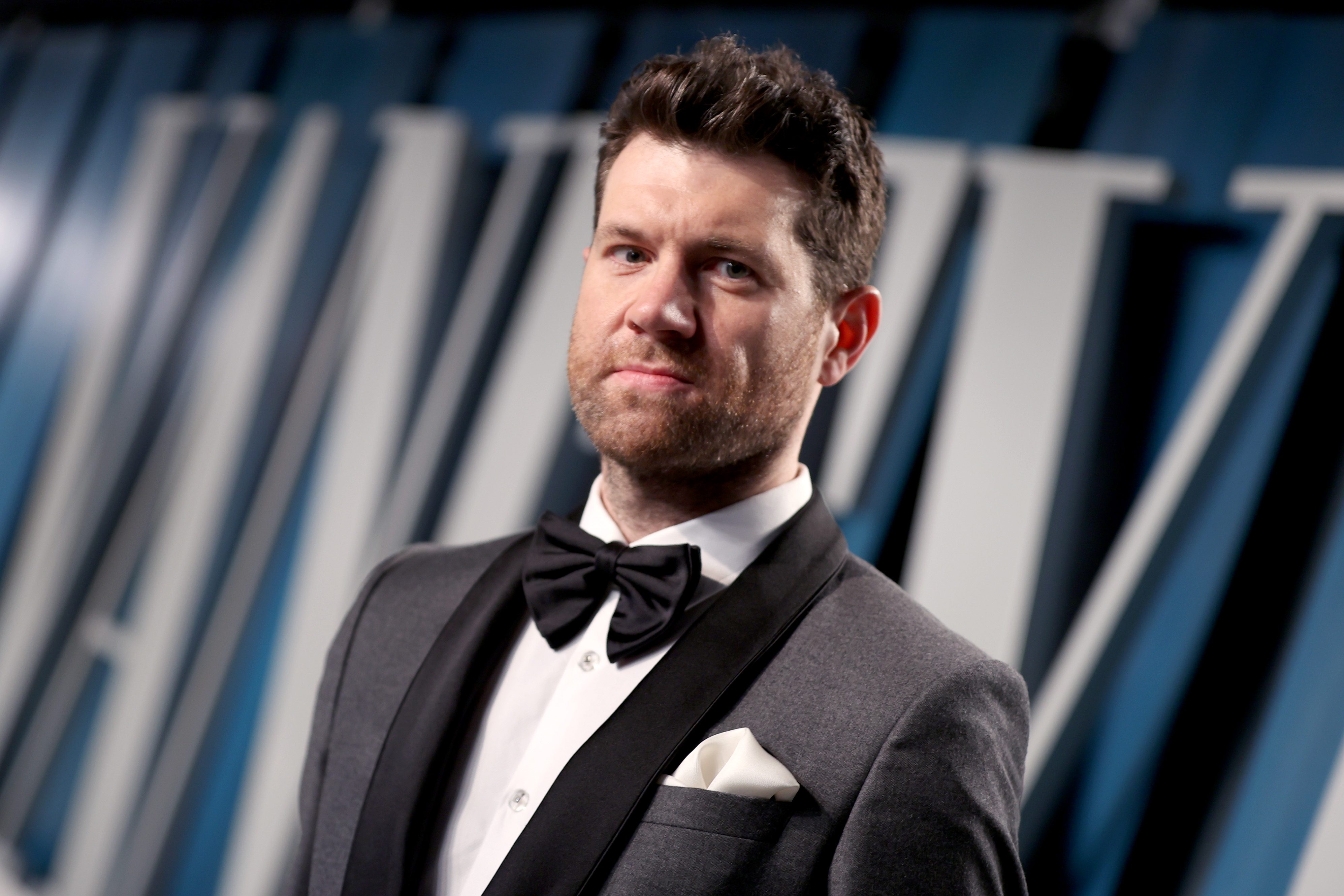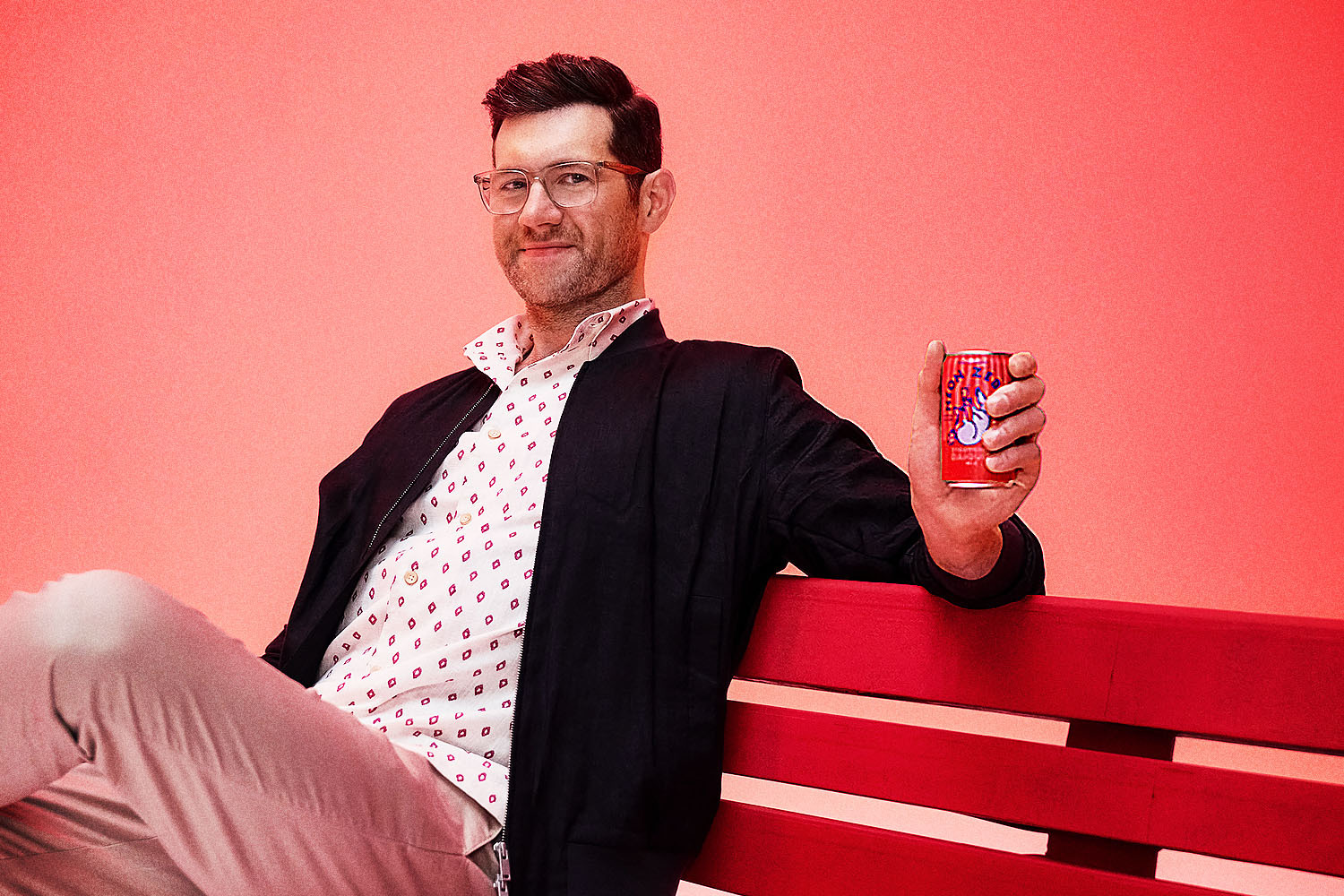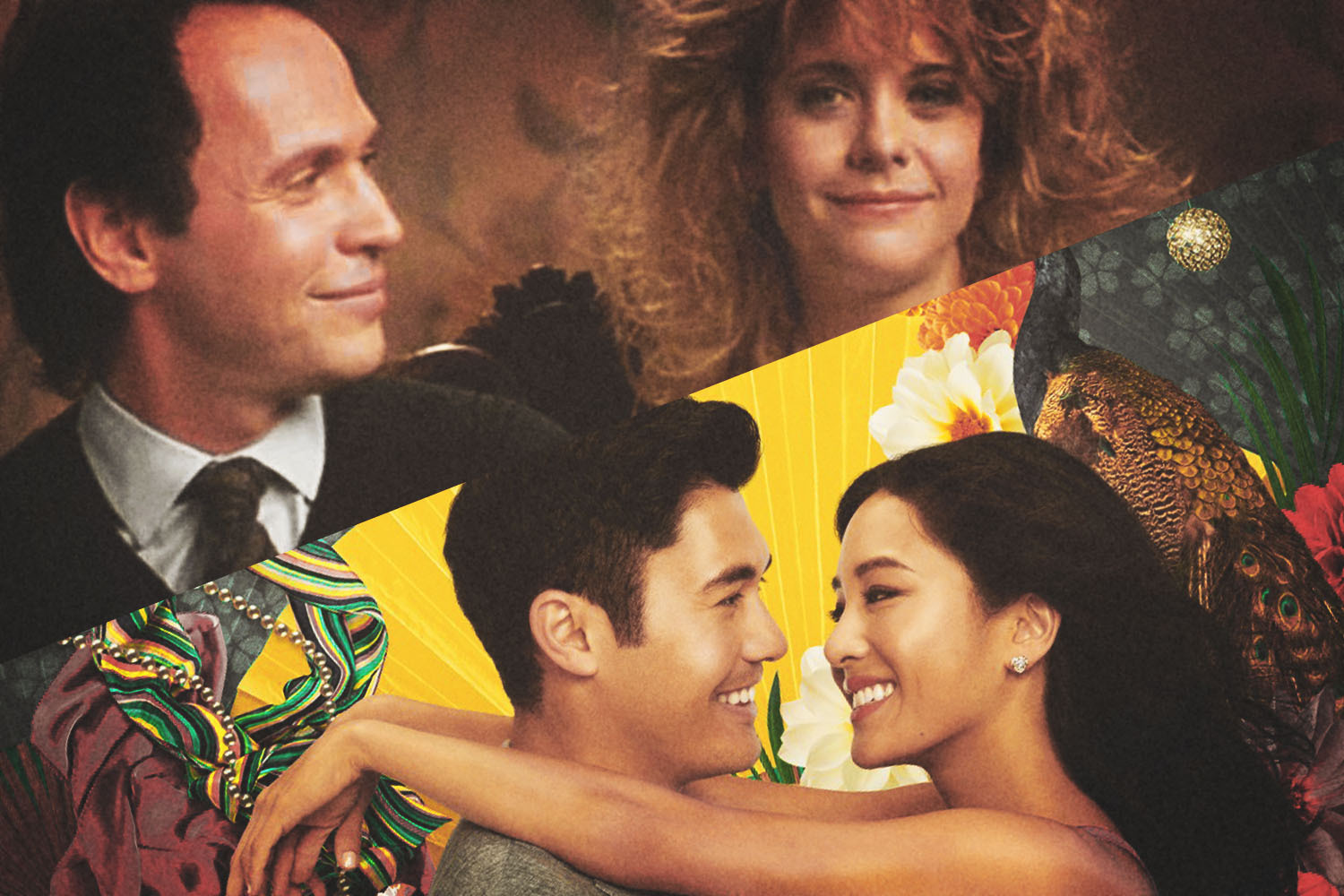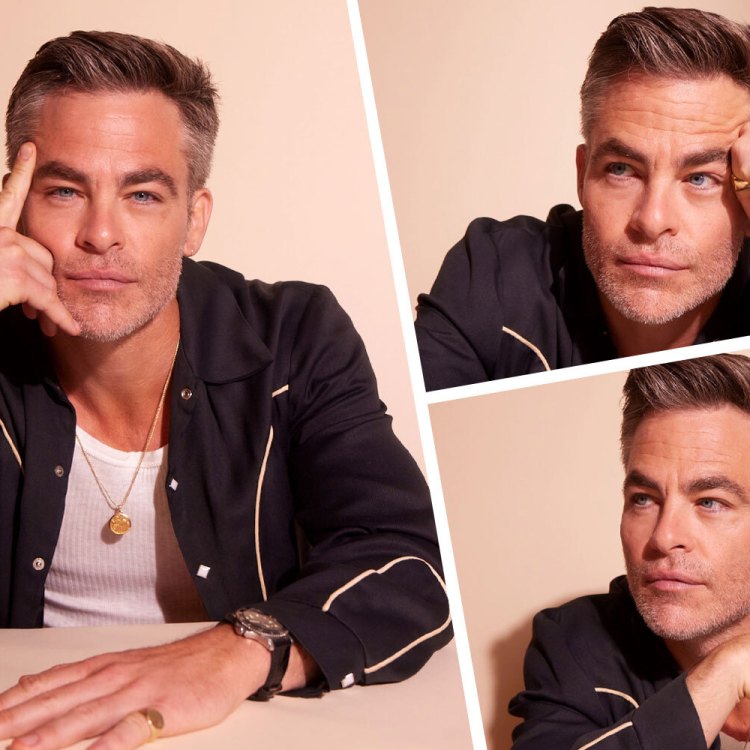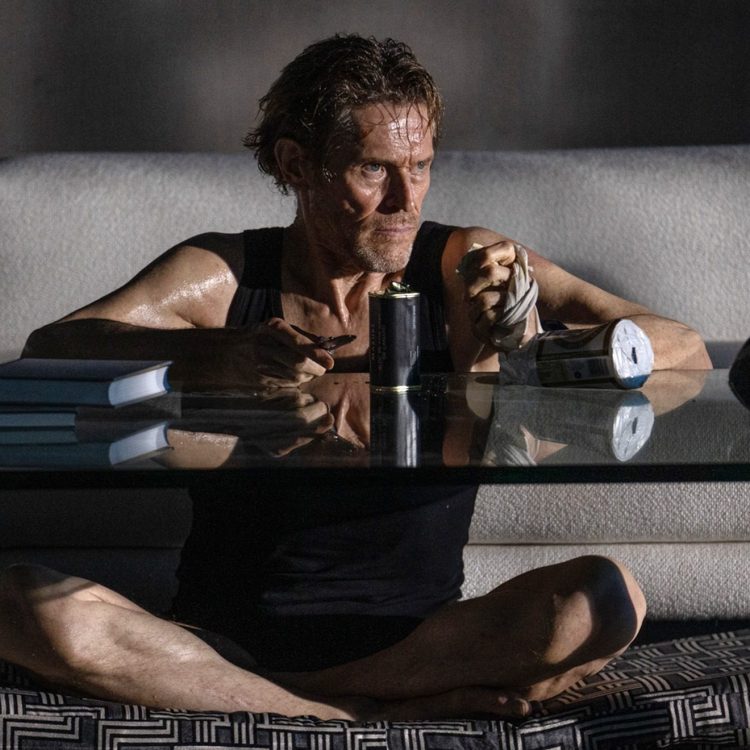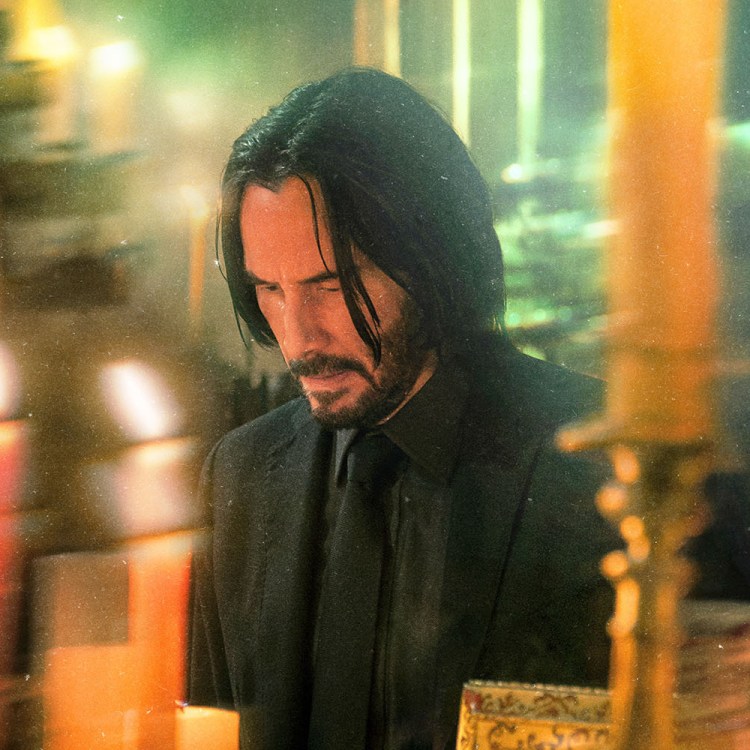Mainstream American movies remain so squeamish about sex, even (or, sometimes, especially) as it pertains to the romantic comedy genre, that the new boy-meets-boy romance Bros stands out from the multiplex crowd immediately. It’s not so much that it’s wildly explicit in its depiction of men having sex with men (or, sometimes, having sex with multiple men; OK, it’s a little bold on that front), or that its jokes are incredibly raunchy (even during sex scenes, any attendant slapstick is pretty old-fashioned). It’s that the movie actually entwines love and sexuality in the first place, clearly and unashamedly, in a landscape where plenty of rom-coms seem to think of actual sex as a bonus level reached by advanced players, if at all.
Perhaps wary of advertising itself as a sex comedy, this is not precisely the angle the movie’s press has taken. Bros has been framed, by its studio as well as its star and co-writer Billy Eichner, as a trailblazing first: The first big-studio romantic comedy about a gay couple. “Big studio” is doing a lot of work there, and still maybe not quite enough. Love, Simon was released by Fox in its pre-Disney days, and while it has plenty of asterisks of its own — overly scrubbed teen movie, coming-out story as much as rom-com, too chaste to go beyond modest kissing, generally not very good — it’s very much about a gay guy in love! Happiest Season and this year’s Fire Island may have been released on Hulu, but they were backed by Sony and Disney/Fox, respectively, and it’s not as if Hulu (or Netflix, or any other major streamer) is a boutique operation, cowering beneath the might of Paramount or Universal.
The cynical read on the Bros press is that the movie is greedily claiming revolutionary status in hopes that this will translate to big-screen box office that has largely eluded romantic comedies, or comedies in general, for several years now. More generously, maybe the filmmakers aren’t implying that their predecessors aren’t gay (or mainstream) enough to count; maybe they’re politely refraining from saying that they’re not funny enough. Love, Simon and Happiest Season are about as funny as a typical straight rom-com, which is to say, not especially; even the more consistently amusing Fire Island, a variation on Pride and Prejudice, really gets in its feelings for long stretches.
Bros pursues punchlines with more zeal, with the relatable-riffing style of producer Judd Apatow. This means, for example, that Bobby (Eichner) works at a rom-com aspirational job — he’s a museum curator, planning for the opening of a national LGBTQ+ museum in Manhattan — and bounces off a variety of quippy coworkers. Apatow-produced comedies often endeavor to spotlight emerging or underappreciated comic talent, and the boardroom scenes of different factions of the LGBTQ+ community both commiserating and competing — Robert (Jim Rash) is militantly vigilant about the place of bisexuals in this narrative; Tamara (Eve Lindley) live-streams meetings without permission — have a fizzy one-upmanship. They function as both a wink and a tacit apology for the movie centering on cis white men. It doesn’t feel craven because it’s also exactly something that Bobby would fixate on about himself, both self-conscious and a little defensive about how his struggles may no longer seem au courant.
When Bobby meets Aaron (Luke Macfarlane), he’s both neurotically and irritably unconvinced that such a conventionally handsome, bro-y guy would be interested enough to pursue a relationship with him. That’s not what Bobby purports to want, anyway; he’s happily self-sufficient, if clearly weary of navigating the hookup culture of Grindr. Bobby and Aaron cautiously spend some time together, and though Bobby isn’t necessarily Aaron’s normal type, they grow closer and fumble their way towards actually dating. But is Bobby too uncompromising and is Aaron too complacent? Will their insecurities complement each other, or drive each other away?
Here is where Bros does land on a first, albeit a more specialized one: It’s the first Judd Apatow-style comedy about guys whose love for each other has a directly sexual component. Eichner is acting out adult growing pains, just like Steve Carell in The 40-Year-Old Virgin, Seth Rogen in Knocked Up, Jason Segel in Forgetting Sarah Marshall, Segel and Emily Blunt in The Five-Year Engagement, and Amy Schumer in Trainwreck, among others, which adds some familiar contours to Bobby’s world. Director and co-writer Nicholas Stoller (who also made Sarah Marshall and The Five-Year Engagement) previously brought a bit more speed, discipline and comic set pieces to Apatow-style comedy with the Neighbors movies; this movie relaxes back into the likable but swollen ensemble, where both lead characters have a network of family, friends, sidekicks and confidantes, ensuring that forward momentum gets zeroed out by detours. It’s both respectful of everyday life — how many of us have a single bestie who’s always available to co-star in our life’s big scenes? — and terribly unwieldy when several supporting characters seem to allude to cut subplots. Even Bobby himself seems to have them: He’s introduced as a popular podcast host, only to immediately switch over to his curator gig and seemingly never record episodes of his million-subscriber show. Is this just to make the movie’s initial exposition easier to communicate? Or do Apatow-related movies just need so badly to have their main characters involved in the entertainment industry?
That tendency does have a little more utility in Bros, which is partially about cultural acceptance of LGBTQ+ life. There’s a funny running gag about cutesy and newly “inclusive” Hallmark-style holiday movies (sample bisexual-friendly title: Christmas with Either), and a pointed early scene where Bobby recalls taking a movie-studio meeting where an exec asks him to write a “nice movie about nice gay people” — another pre-emptive strike to anyone handwringing about the movie’s portrayal of casual sex. Eichner has the right prickly energy to zing these niceties; he and Stoller also seem fond of absurdist throwaways (there’s a line making sincere reference to Pier 1 being owned by the Taliban). What keeps their movie from becoming an instant rom-com classic is all the baggage they have to carry around, making Aaron — sometimes by design — something of a secondary character in his own love story. This isn’t uncommon in Apatow productions, which can be generous to a fault: with supporting characters, with up-and-coming comedians, with improv riffs, and with, especially, the attempts to portray the fullness of personal and professional life beyond will-they-or-won’t-they questions of a single romantic relationship. Here it’s compounded, one assumes, by the pressure of being, if not precisely first, certainly a kind of milestone.
Then again, some of the most interesting tension in Bros comes from the ways where it fights for its right to move against both broad studio-comedy and specifically Apatow orthodoxy, which demands a certain level of settled domesticity by story’s end. The 40-Year-Old Virgin, Knocked Up and Stoller’s The Five-Year Engagement all take place on the winding path toward some form of marriage or family, at once admirably concerned with the details of happily-ever-after and a little didactic about making sure their characters are ready to settle down. Bros has some ambivalence about how much heteronormativity and sex-positivity to expect from a modern love story; it’s easy to picture the decade-ago version of this movie ending with a triumphant gay wedding. Yet in its place, the movie does offer a climactic comic performance to show a character’s willingness to put himself out there, more or less the same ending as Sarah Marshall or Trainwreck, and there’s a little deflation in putting Eichner through those motions. Bros is funny and sweet, but one of the ways that it feels most authentically trailblazing is the desire it creates to see what comes next.
This article was featured in the InsideHook newsletter. Sign up now.

